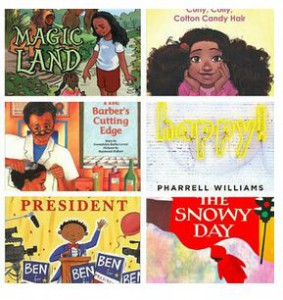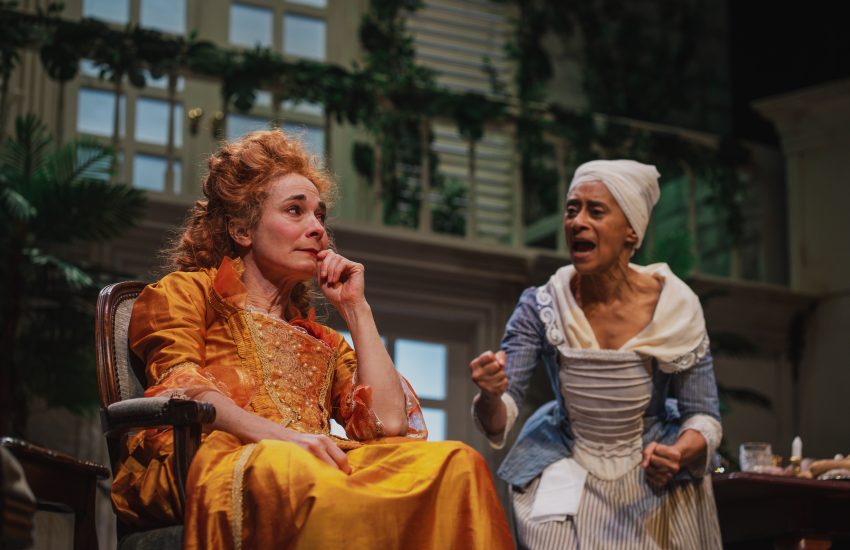Musings of an African American in Spain: References – In The Mind of a Child

Apart from being a master’s student I’m also a babysitter. Every morning I wake up around 6:30 am, get ready, walk over to Poblenou, and take two little girls to school. Their names I won’t mention but they are the sweetest children in Cataluña. But this post isn’t about them. Well, at least not directly. It’s about something that happened the other morning while we were on our way to school. That particular day we were early and so we had to wait outside the building for about ten minutes before the doors opened up. We talked, laughed, and played hand games. Soon a friend of the older girl walked up to say good morning. The two of them entered into their own conversation while I continued to play with the younger one. I realized however that she seemed distracted. She suddenly had this silly grin on her face as if she had discovered something and had to let it out. She looked at me and then looked at her sister’s friend and said, “sois casi iguales.” Translation: You guys are almost the same. Her sister’s friend is black. And actually we look nothing alike.
It made me think. Why is it that this little girl is able to notice the intricate differences between two of her Barbie dolls, but not between myself and this other black person? Of course she meant no harm in her statement, she’s five and was merely making an observation, but I think it says so much about our world.
We need more references of black people. This is even truer here in Spain where they are less visible. Due to a lack of references this child inevitably drew a connection between the first two black people she saw together. Maybe she doesn’t even think we look alike. Maybe all she saw was something that makes us both different from everyone else, and therefore in her mind, makes us the same. What would happen if she always saw black people on the TV, in books, in magazines, in her neighborhood, and in her classes? I wonder how differently she would have reacted to seeing the two of us together, or if she would have reacted at all.
A reference is a figure that one can identify with, look to for aspiration, and recall as a part of their cultural canon. They are important and children need them. Children who are not the minority need to see diversity as a normal part of society. Especially when it is a fact of the one they live in. For those who are in the minority, they need something to refer to that they can recognize in themselves. With no references for minorities they are left out of cultural and traditional national symbols. They automatically become ‘the other’. References help to fortify a sense of belonging in society.
After this incident happened that morning I knew I’d end up writing a post about it because it was something I had been thinking about for some time. I wonder what went through the mind of the little girl who was told she looks like me. Maybe it meant very little to her, or maybe she too wondered why. Why she was being grouped together with someone she did not know, and possibly, was nothing like.


